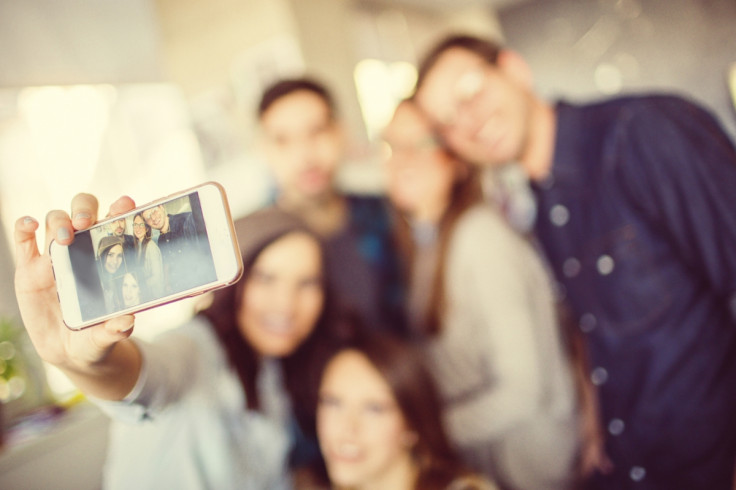Regular selfie-takers often overestimate their attractiveness, study finds

Selfies have become a ubiquitous part of modern culture, making it near impossible to go online without encountering a couple of photos used as a means of self-expression. According to a recent study, researchers at the University of Toronto found that people who take regular selfies are more likely to overestimate how attractive and likeable they are.
Headed by Daniel Re from the University of Toronto, a team of researchers studied 198 college students, which included 100 participants who were regular selfie-takers, while the rest were not that fond of taking selfies.
Each participant was asked to take a selfie using a smartphone, while a second photo was clicked by another individual. They were then asked to rate each photo based on how attractive and likeable they thought their friends would think they were in the picture if it were uploaded on social media.
The images were rated by 170 independent individuals based on attractiveness, likeability and narcissism. Researchers found that both regular selfie-takers and the non-selfie takers thought they looked better in their own photos rather than the ones taken by a third party.
The team also found that both groups rated themselves higher in terms of attractiveness and likeability than independent raters, in fact regular selfie-takers rated themselves much higher.
The regulars were rated as looking "significantly more narcissistic" than the non-selfie takers as well. The findings also showed that independent raters deemed third-party photos more attractive than selfies.
"Selfie-takers generally overperceived the positive attributes purveyed by their selfies," researchers said. "Here, we found that selfie-takers believed their selfies to look more attractive and likable than photos of them taken by other people."
Regular selfies increases one's susceptibility to "self-favouring bias", causing a person to increasingly overestimate the attractiveness of their self-focused photos over time, researchers said.
This effect may occur because regular selfie-takers, who often take multiple photos of themselves – before posting "the perfect one" online – develop selfie strategies for the perfect angle, lighting and other factors that may not be as flattering as they believe.
Regularly receiving positive feedback on social media for the photos posted may also amplify one's inflated view of their own attractiveness and sense of self as well.
"Self-enhancing misperceptions may support selfie-takers' positive evaluations of their selfies, revealing notable biases in self-perception," researchers added. The team noted that this self-favouring bias did not extend to non selfie-takers.
The study was recently published in the Social Psychological and Personality Science journal.
© Copyright IBTimes 2024. All rights reserved.





